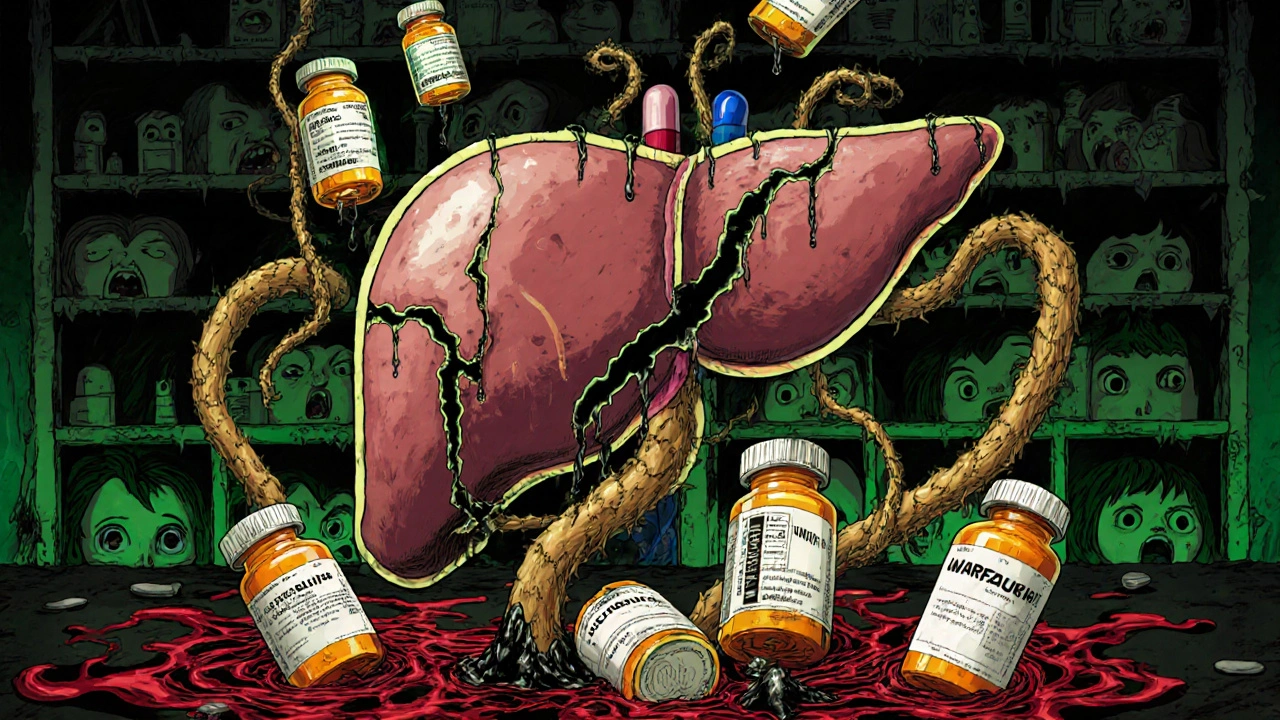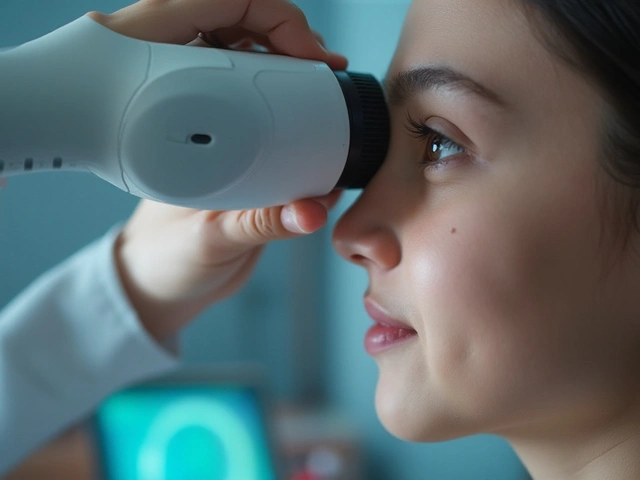CYP450 Interactions: How Drugs Affect Each Other in Your Body
When you take more than one medication, your body doesn’t just handle them one at a time—it’s a busy chemical factory, and the CYP450 system, a group of liver enzymes responsible for breaking down most drugs and supplements. Also known as cytochrome P450 enzymes, it’s the main reason some pills work better or worse when taken together. If one drug slows down or speeds up these enzymes, it can turn a safe dose into a dangerous one—or make your medicine useless.
This isn’t just about prescription pills. Even common stuff like grapefruit juice, St. John’s wort, or over-the-counter antihistamines can mess with CYP450. For example, if you’re on a statin like atorvastatin and take a strong inhibitor like clarithromycin, your muscle side effects can spike. Or if you’re using sertraline and start taking St. John’s wort, you could risk serotonin syndrome. These aren’t rare cases—they happen daily in clinics and homes. The same enzymes that break down your blood pressure pill also handle your painkiller, your antidepressant, and even your allergy med. That’s why a drug that’s fine alone can become risky in combination.
What you’ll find in the posts below isn’t just a list of names—it’s real-world examples of how this system plays out. You’ll see how first-generation antihistamines like diphenhydramine add to anticholinergic load, how fluoroquinolones like besifloxacin are metabolized, and why combining certain ED drugs like sildenafil with nitrates can be deadly. There’s also deep dives into how statin dosing changes when enzyme activity drops, how corticosteroids like deflazacort interact with other liver-metabolized drugs, and why buying generic meds online without knowing your enzyme profile can backfire. These aren’t theoretical risks. They’re the reason people end up in the ER, or why a treatment stops working for no obvious reason. If you’re taking more than one pill, or even a supplement, you need to know how your body processes them. This collection gives you the facts without the jargon—so you can ask the right questions and stay safe.

Goldenseal and Medications: What You Need to Know About Liver Enzyme Risks
Goldenseal may seem like a harmless herbal supplement, but it can dangerously interfere with liver enzymes that process most prescription medications. Learn which drugs are at risk and what to do instead.




